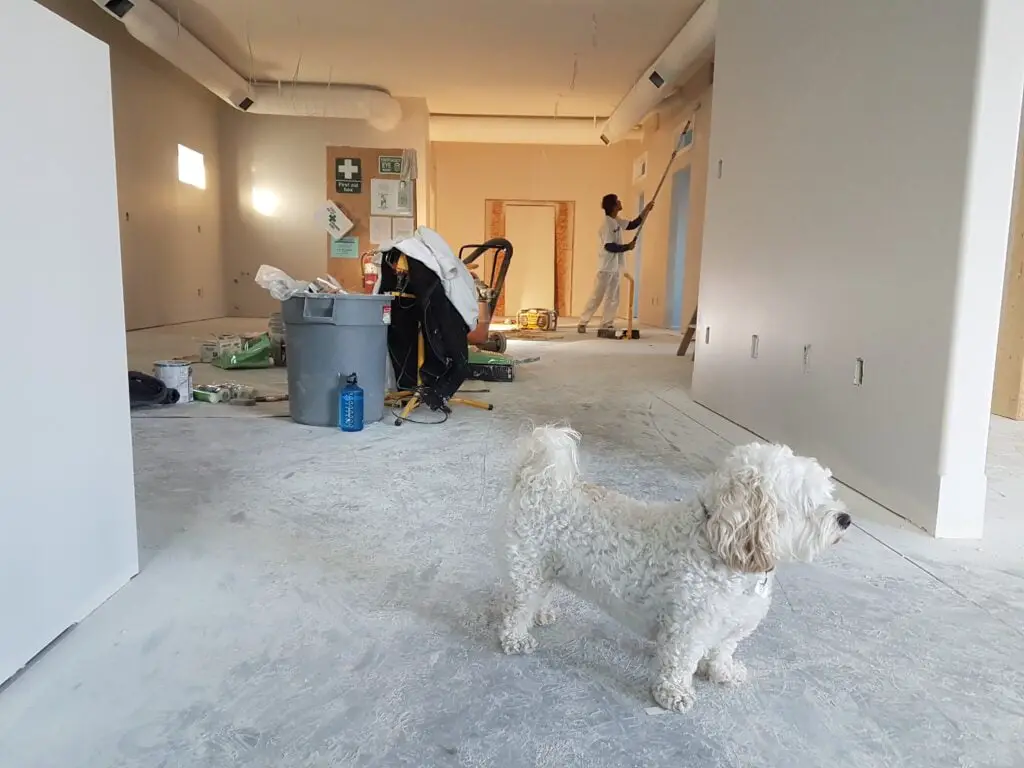The construction industry in the Philippines has been a vital driver of economic growth, contributing significantly to the country’s development. However, one crucial aspect that often defines the success of construction projects is the duration it takes to complete them.
Understanding the average duration of construction projects in the Philippines is essential for stakeholders, including government bodies, investors, contractors, and developers.
This article delves into the factors influencing construction timelines, the challenges faced, and potential opportunities for improvement.
Factors Influencing Construction Durations
- Project Size and Complexity: The size and complexity of a construction project play a pivotal role in determining its duration. Larger and more intricate projects, such as high-rise buildings or infrastructure developments, often require more time due to the intricate planning, coordination, and execution involved.
- Regulatory Approvals: Obtaining necessary permits and approvals from local government units and regulatory bodies can significantly impact construction timelines. Delays in securing permits can lead to project setbacks, affecting the overall duration.
- Financing and Budget Constraints: Adequate financing is crucial for the timely completion of construction projects. Budget constraints or financial issues can lead to delays in procurement, workforce management, and the overall construction process.
- Weather Conditions: The Philippines, being a tropical country, is susceptible to weather-related disruptions such as typhoons and heavy rainfall. Unpredictable weather conditions can halt construction activities, leading to delays in project timelines.
- Availability of Skilled Labor: The availability of skilled labor is a critical factor influencing construction durations. A shortage of skilled workers or delays in mobilizing the workforce can extend project timelines.
Challenges in Construction Timelines
- Bureaucratic Red Tape: The bureaucratic processes involved in obtaining permits and approvals can be cumbersome and time-consuming. Streamlining these processes is essential to expedite the start of construction projects.
- Infrastructure Development: The state of existing infrastructure, such as roads and transportation networks, can impact the delivery of construction materials and equipment. Inadequate infrastructure may lead to logistical challenges and delays.
- Contractual Disputes: Disputes between project stakeholders, including contractors, subcontractors, and clients, can result in legal battles that disrupt construction timelines. Efficient conflict resolution mechanisms are crucial to mitigating such issues.
- Unforeseen Site Conditions: Discovering unexpected conditions at the construction site, such as poor soil quality or archaeological finds, can lead to project delays as plans must be adjusted to address these unforeseen challenges.
Challenges in Construction Timelines
- Digital Technology Adoption: Embracing digital technologies such as Building Information Modeling (BIM), project management software, and collaborative platforms can enhance communication, streamline processes, and improve overall project efficiency.
- Capacity Building and Skill Development: Investing in training programs and capacity-building initiatives for the construction workforce can address the skilled labor shortage and contribute to faster project delivery.
- Government Initiatives and Policy Reforms: Governments can play a pivotal role in expediting construction projects by implementing policies that simplify permit processes, encourage private sector participation, and prioritize infrastructure development.
- Climate-Resilient Construction Practices: Given the susceptibility to adverse weather conditions, promoting climate-resilient construction practices and incorporating them into building codes can help minimize weather-related disruptions.
Conclusion
The average duration of construction projects in the Philippines is influenced by a myriad of factors, ranging from regulatory processes and weather conditions to the availability of skilled labor.
Addressing these challenges requires a multi-faceted approach involving collaboration between government bodies, private sector stakeholders, and the construction industry.
By embracing digital technologies, improving regulatory processes, and investing in skill development, the Philippines can enhance the efficiency of its construction sector, contributing to sustainable economic growth and development.
To see other material construction prices, please see here.
To know other construction guides, tips, and methodology for beginners, veterans, and contractors, please see here.

